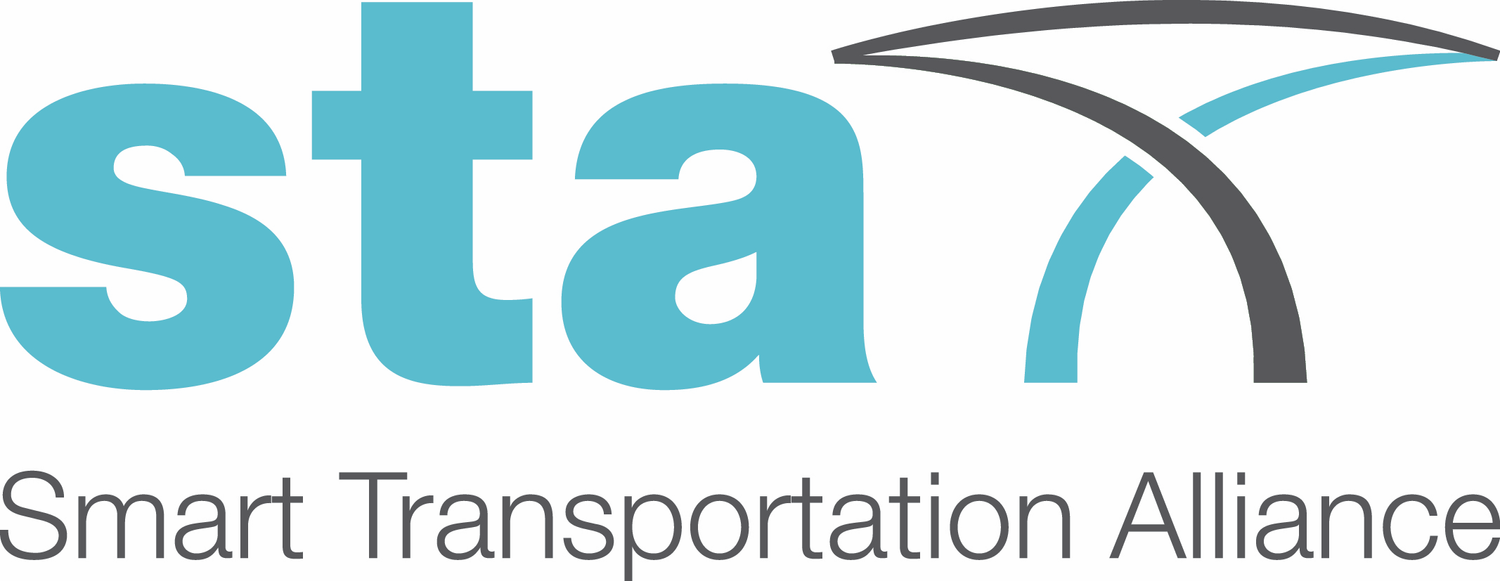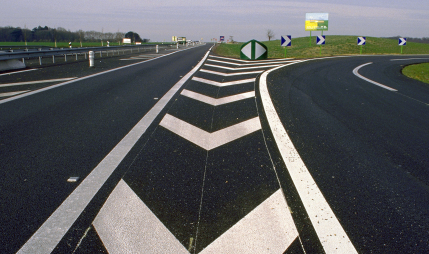STA SURVEY ON SMART FINANCING (TC4) HIGHLIGHTS THAT COST-EFFECTIVENESS OF TRANSPORT INFRASTRUCTURES AND SERVICES NEEDS TO BE IMPROVED AND PRIVATE FINANCING FOSTERED
The STA Technical Committee on Smart Financing, TC4, chaired by Prof. José Manuel Vassallo, carried an open survey during October 2018 to assess the opinion of the expert community at large with regards to the Smart Financing of the Transportation Infrastructures of the Future.
72 transport and mobility experts from across the world contributed to the survey by sharing their views on the state of the art and challenges of smart financing of transport infrastructures. The survey covered the different key aspects to better identify weaknesses and opportunities for improvement.
Most notably the survey highlights that:
Over half of the respondents (65%) believe that the European infrastructures and transport services are not cost-effective.
45% of the respondents are of the opinion that users are aware or partially aware of the real cost of transport services and infrastructure facilities, whereas 55% of the respondents declare the users are unaware, suggesting that people do not hold the right perception of the resources needed for providing transportation infrastructures.
Results are extremely even when asked about the most challenging issue in infrastructure financing, suggesting that respondents believe that financing is equally challenging in each phase. Nevertheless, maintenance received the highest score.
When asked about which actors should play a more active role in the future of infrastructure financing, the European Union ranked 1st (30%), followed by National Governments (25%).
When asked about the most suitable funding mechanism for each transport mode, tolls and fares appear to be the most suitable option for roads, railways and airports infrastructures, while the taxation option is chosen for railways and urban transport.
Results show that respondents tend to favour the participation of the private sector financing, in particular for air and maritime transport, while a weaker interest is registered in relation to urban mobility infrastructures.
Respondents think that both public and private shareholders should bear the risks in conjunction, when it comes to design, construction, demand, availability, operation and financial risks, while 65% of the respondents think that public sector should be mostly responsible when it comes to legislative risks.
Contract design and risk distribution were seen to be the most critical aspects for the success of PPP contract (67% chose it as most or second most critical aspect), whereas infrastructure reversion was seen as the least important (with 66% thinking it would be the least or second to last important aspect).
When asked about liberalisation, there is a general appreciation of the liberalisation process in all transport modes. Nevertheless, such preference is less pronounced in the road sector.
The survey clearly highlights that cost-effectiveness of transport infrastructures and services needs to be improved, even by eventually increasing the user’s awareness about costs. In infrastructure provision, the financing of maintenance activities is critical. Although European and National Institutions should continue playing a significant role, the participation of the private sector in financing needs to be further fostered. In this respect it is fundamental to provide efficient PPP schemes, with particular attention to contract design and the optimal allocation of risks between public and private actors.
The results of this survey will be presented during the 2018 STA Annual Conference & Innovation Awards on 27 November 2018, along with the results of the three previous surveys.
Once again, STA would like to thank all participants for their valuable input!

